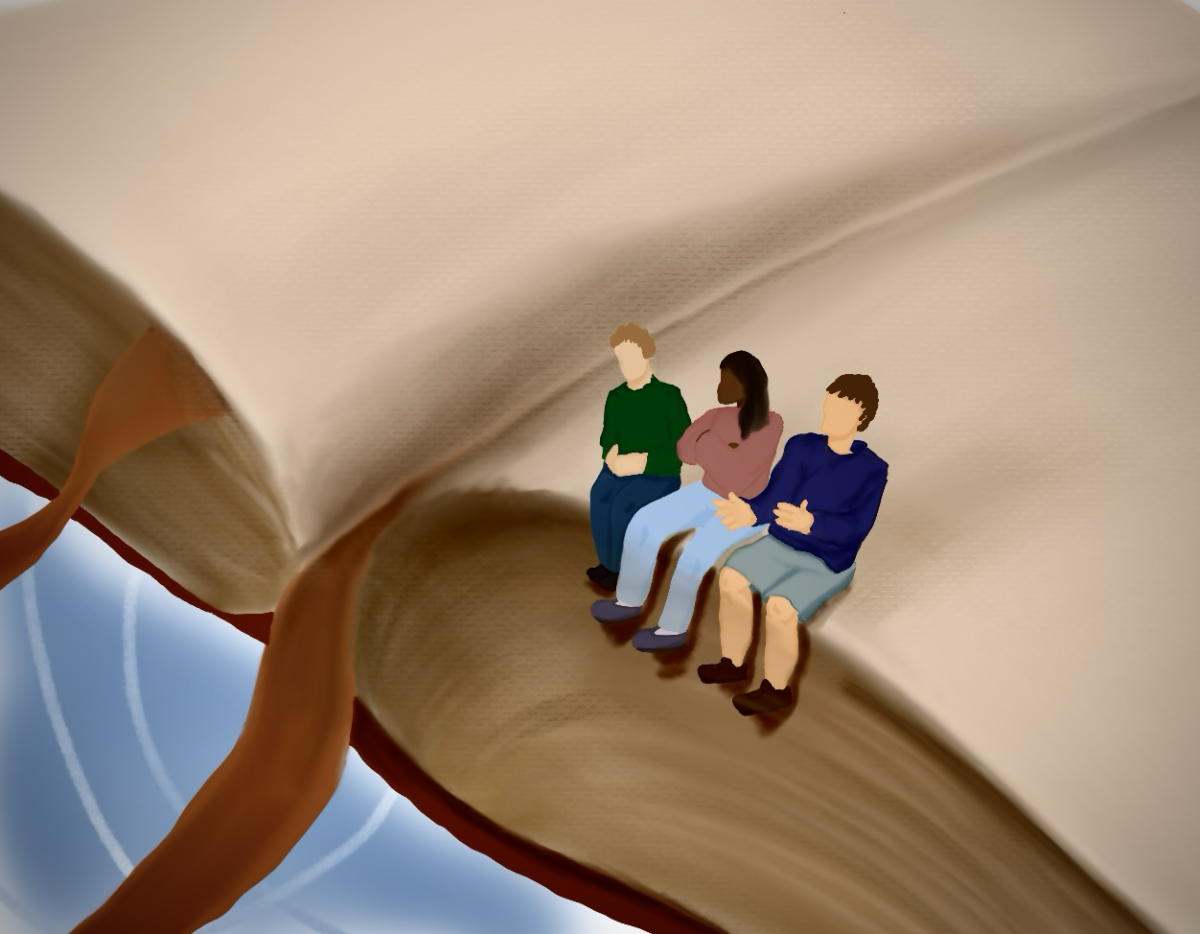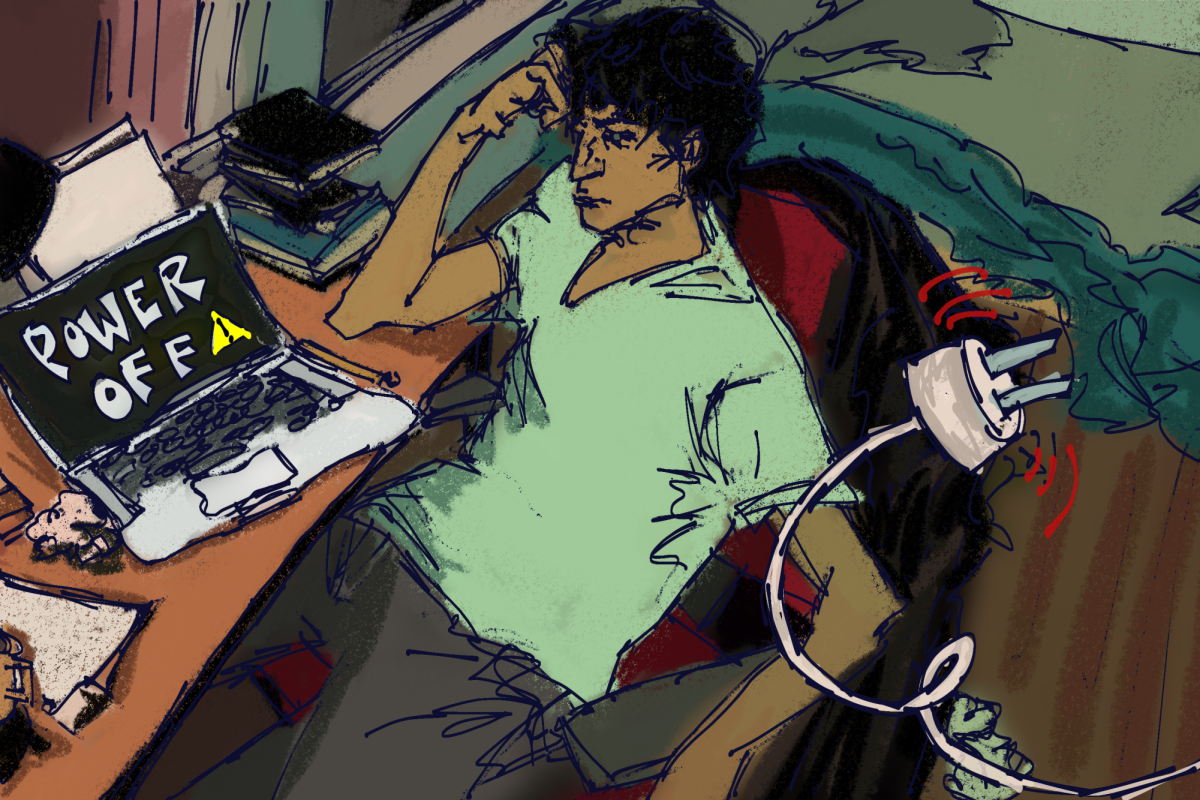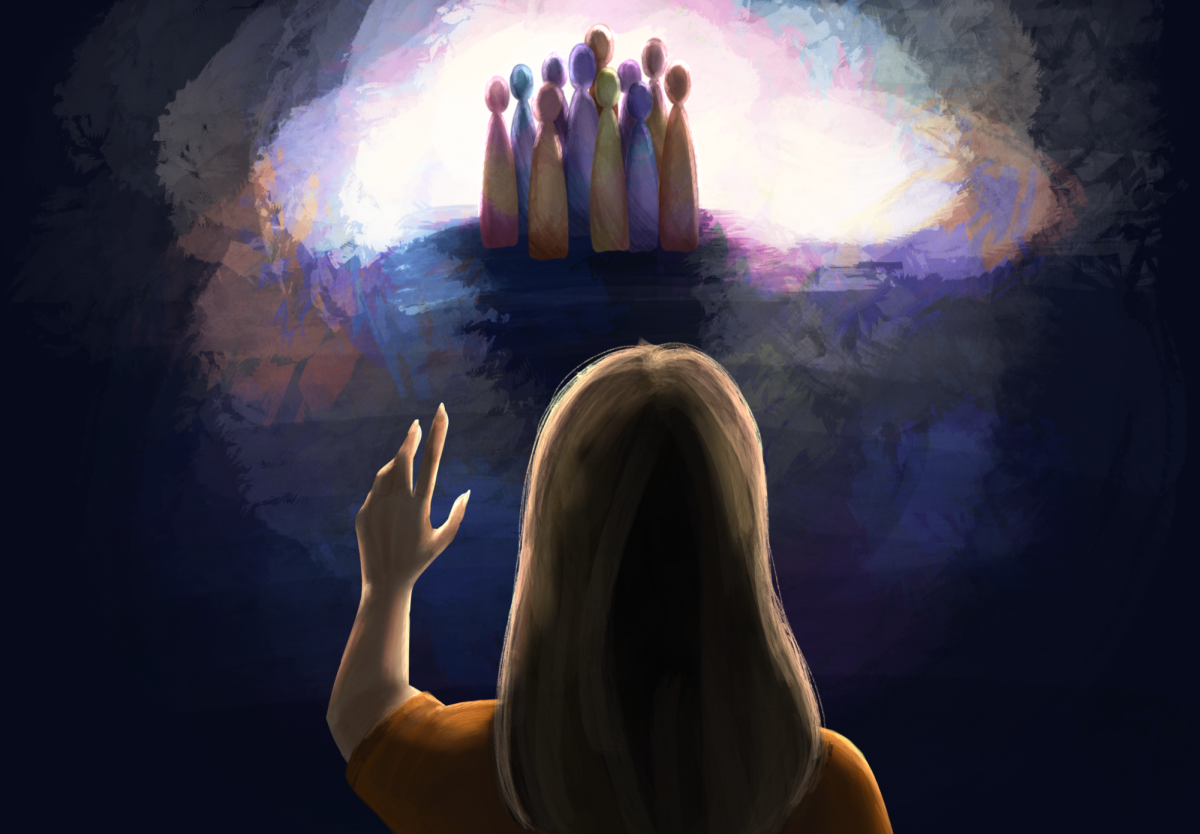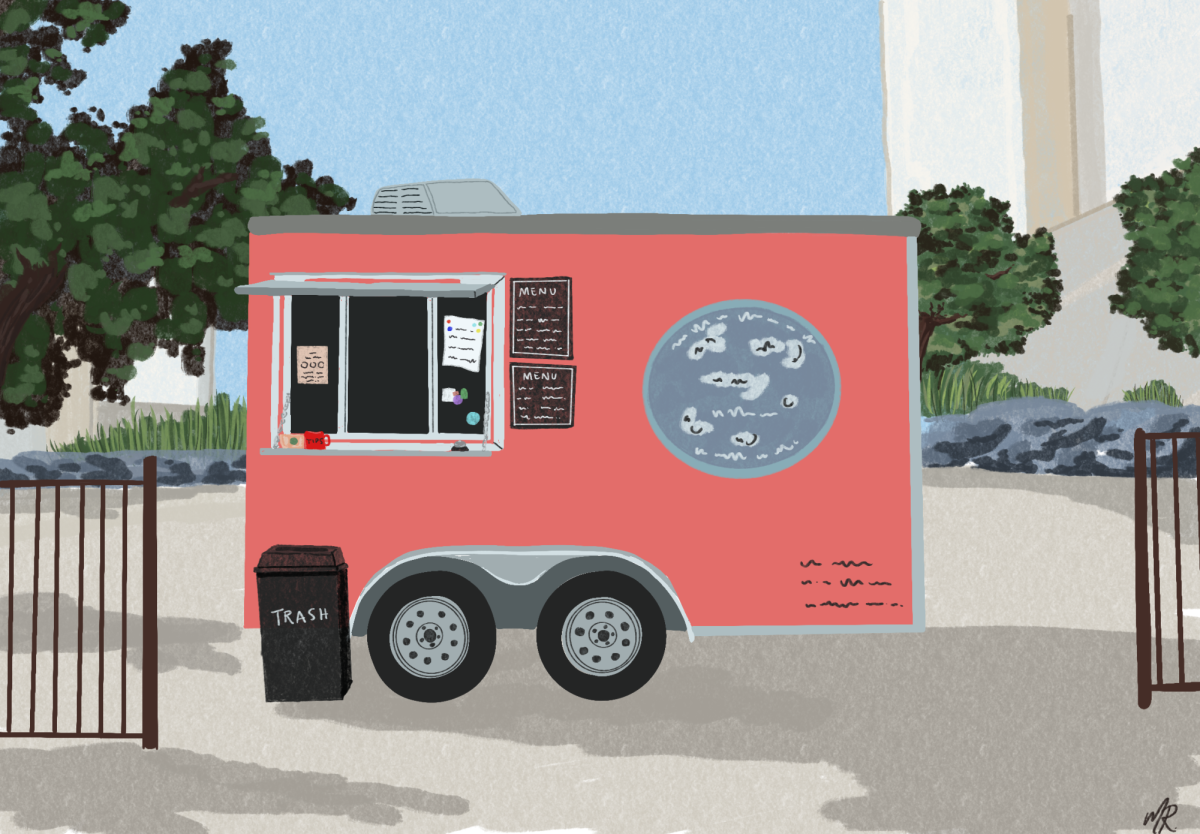The U.S. Supreme Court struck down Texas’ abortion law in a 5-3 decision for the Women’s Whole Health v. Hellerstedt. Women’s Whole Health was fighting the House Bill 2, passed in 2013, that closed 24 out of 43 abortion clinics in the state. This was an attempt on Texas lawmakers to limit women’s right to choose, and the Supreme Court’s decision continues to uphold the decision of Roe v. Wade.
Texas legislators used this as a motion to limit women’s constitutional right under former Governor Rick Perry’s anti-abortion movements and not in hopes of medical safety for women. HB 2 required doctors who provided abortion services to obtain admitting privileges at local hospitals no farther than 30 miles away from the clinic and enforcing that every building become an ambulatory surgical center, which are essentially “mini-hospitals.” The law singled out women’s healthcare providers and was not enforced among any other comparable practices.
HB 2 made it nearly impossible for women to exercise their constitutional right to end a pregnancy. The clinics dropped from 43 in the state to 19 after the legislation was passed. This left a 500-mile gap between San Antonio and the New Mexico Border. This disproportionately affected women below the poverty line who make up 49 percent of abortion patients. Any woman without the means to travel 500 miles was left without access to an abortion procedure. Data released following the decision showed that the number of abortions in Texas dropped 14.3 percent in 2014, the year after HB 2 was adopted.
There is no immediate medical need for the facilities to be within 30 miles of a local hospital or for the surgical center requirements like the bill requires. Over 99.75 percent of legal abortions do not cause any major medical problems. Less than one-quarter of one percent of abortions performed in the United States lead to major health complications, according to a 2014 study from the University of California, San Francisco. This makes an abortion statistically about as risky as a colonoscopy.
Supreme Court Justice Ginsburg wrote that “when a State severely limits access to safe and legal procedures, women in desperate circumstances may resort to unlicensed rogue practitioners.” Limiting women’s access to clinics leads them to seek unregulated alternatives that could put their health at risk. In places where abortions are illegal, there is a higher mortality rate among abortion patients. In the three years when this legislation enacted, this could have caused Texas women to seek alternatives to legal abortion procedures.
Texas state representative and HB 2 author Jodie Laubenberg made comparisons between abortion and the Holocaust after saying she was “so proud that Texas always takes the lead in trying to turn back what started with Roe v. Wade.” But Texas is not reversing an ill-fated court decision. It is failing to recognize women’s rights.
The right of a women to choose has been long withheld and there is no medical need for states to continue to pass legislation that prevents and disrupts women from seeking medical care. Women’s Whole Health won a victory on Monday that reiterates to states the validity of Roe v. Wade and its importance for women’s rights.
Mayfield is an MIS junior from Tyler.




















